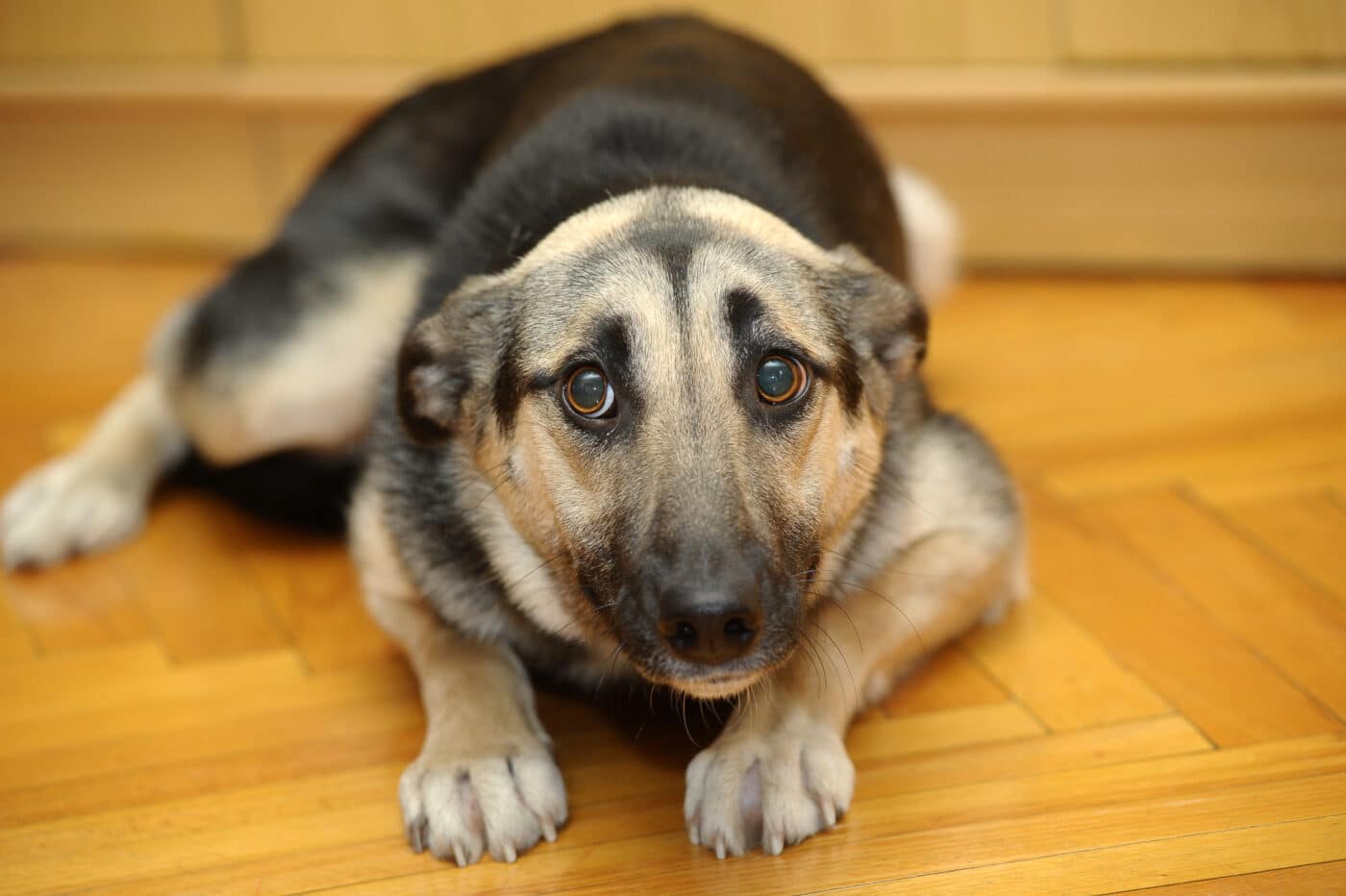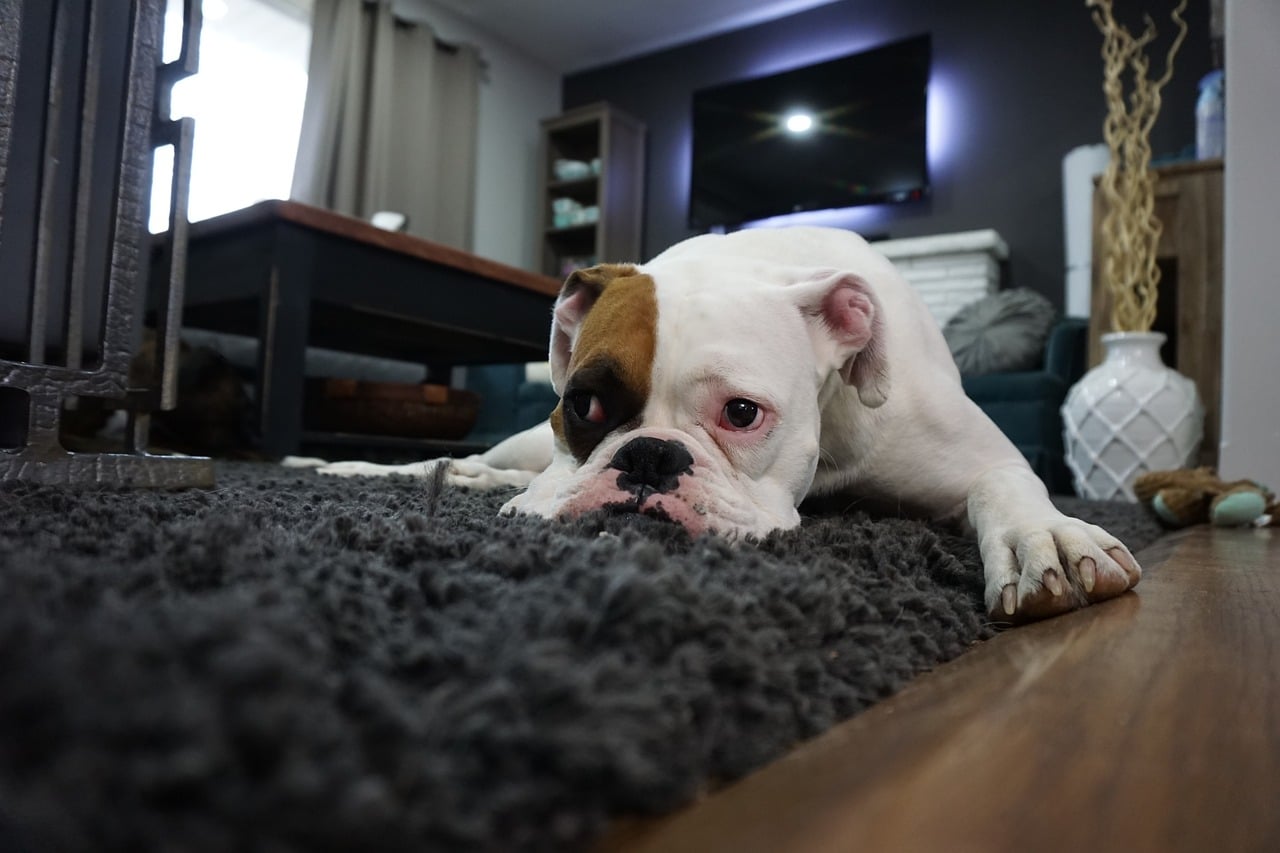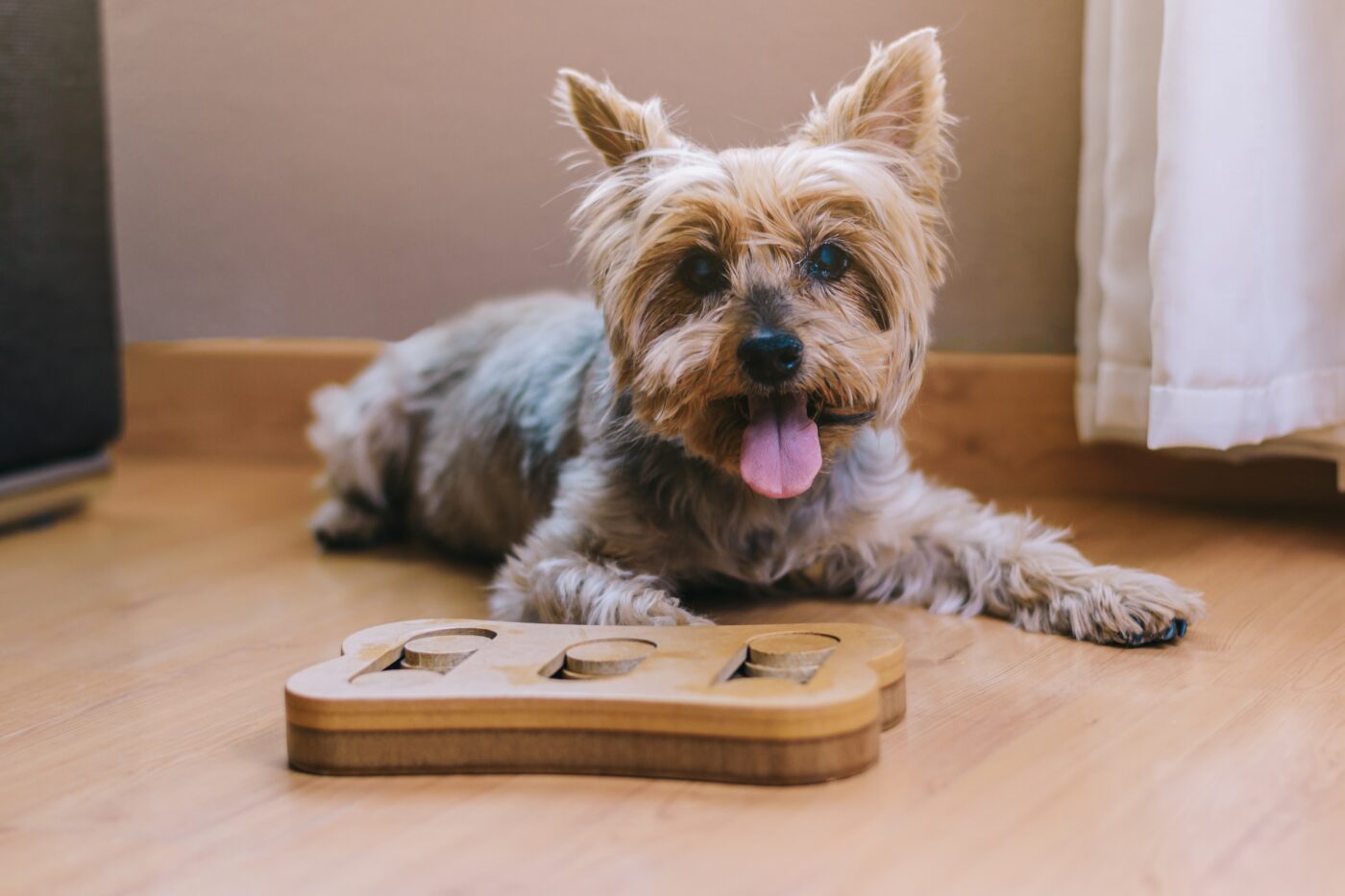 Shutterstock
Shutterstock
Dogs are usually full of joy, but even they have their off days. While some signs of sadness are obvious, others are much more subtle—and the reasons behind them might surprise you. Small shifts in their environment, routine, or even your behavior can impact their mood without you realizing it. A lack of attention, boredom, or unexpected stressors could affect their happiness. If your pup seems less energetic, more withdrawn, or just not themselves, it might be time to take a closer look at what’s bringing them down.
Lack of Routine
 Shutterstock
Shutterstock
Dogs rely on structure, and when their daily rhythm is thrown off, they can feel uneasy or even sad. Unexpected changes in mealtimes, walks, or play sessions might leave them feeling unsettled. Even something as simple as a new work schedule or a skipped evening cuddle can throw them off balance. Sticking to a steady routine helps keep them happy, secure, and confident in their environment.
Feeling Ignored
 Shutterstock
Shutterstock
Dogs notice when they’re not getting as much attention as usual. If they feel ignored, they may resort to nudging, pawing, or even acting out just to get a reaction. Others may withdraw completely, sulking in a quiet spot. Even short bursts of focused attention—like belly rubs or a few minutes of play—can reassure them that they’re still your top priority.
Being Left Alone Too Often
 Shutterstock
Shutterstock
Dogs are social creatures, and too much isolation can take a toll on their happiness. If they’re left alone for long hours or find themselves without company too often, loneliness can creep in. Signs of distress may include excessive sleeping, pacing, or destructive behavior. If busy schedules keep you apart, interactive toys, pet sitters, or even a furry companion might help fill the void.
Lack of Mental Stimulation
 Shutterstock
Shutterstock
A lack of mental challenges can leave dogs feeling bored and frustrated. Without opportunities to sniff, explore, and solve problems, they might become disengaged or even depressed. Switching up their toys, introducing puzzle feeders, or teaching new tricks can give their brains the workout they crave. Keeping their minds active is just as important as physical exercise.
Changes in the Household
 Shutterstock
Shutterstock
Dogs are highly sensitive to their surroundings, and any big change—like a new family member, a roommate moving out, or even rearranged furniture—can unsettle them. If your dog seems uneasy after a change, give them time to adjust while keeping other routines stable. Offering extra reassurance and comfort can help them feel secure again.
Lack of Physical Exercise
 Shutterstock
Shutterstock
Exercise plays a key role in keeping dogs both physically and mentally happy. When they don’t get enough movement, they might start feeling restless, anxious, or down. A daily walk, an energetic game of tug-of-war, or even zoomies in the backyard can do wonders for their mood. Keeping them active helps release built-up energy and prevent sadness.
Missing a Favorite Friend
 Shutterstock
Shutterstock
Dogs form deep connections, and the loss of a human or animal companion can hit them hard. If a friend moves away, a pet sibling passes, or a playmate stops visiting, your dog might grieve in their own way. You might notice them searching for their friend, becoming withdrawn, or losing interest in activities. Extra love, attention, and new social interactions can help ease their sadness.
Not Enough Affection
 Shutterstock
Shutterstock
Some dogs are more independent, but many crave physical closeness. If belly rubs, head scratches or snuggle sessions suddenly decrease, they might feel neglected. Even a simple pat on the head or a moment of eye contact can remind them they’re loved. Physical touch is a powerful way to reassure them and strengthen your bond.
Sensing Your Stress or Sadness
 Shutterstock
Shutterstock
Dogs are incredibly intuitive and can sense when something is off with you. If you’re stressed, sad, or anxious, they may reflect those emotions, becoming clingy or withdrawn. They might not understand what’s wrong, but they do know when you’re not yourself. Spending time together—whether through a walk, some quiet cuddles, or simply talking to them—can help you both feel better.
Medical Issues
 Shutterstock
Shutterstock
Sometimes, sadness is a sign of a physical issue rather than an emotional one. If your dog seems withdrawn, uninterested in food, or sleeping more than usual, an undiagnosed health problem could be the cause. Pain, discomfort, or illness can lead to behavioral changes that mimic depression. A vet checkup can help rule out any medical concerns.
Not Enough Socialization
 Shutterstock
Shutterstock
Dogs thrive on interaction, and a lack of social experiences can leave them feeling isolated. Without playdates, walks, or exposure to new people and places, they might become anxious or withdrawn. Scheduling regular social outings, introducing them to new furry friends, or even just switching up their walking route can give them the stimulation they need.
Too Many Negative Experiences
 Shutterstock
Shutterstock
Negative encounters—whether with people, other animals, or stressful situations—can leave a lasting impact on dogs. If they’ve had repeated bad experiences, they might become hesitant, anxious, or even sad. Avoiding overly stressful situations and using positive reinforcement can help rebuild their confidence and restore their happiness.
Feeling Overwhelmed
 Shutterstock
Shutterstock
While some dogs thrive in lively environments, others can feel overwhelmed by too much noise, movement, or chaos. A busy household, frequent guests, or constant loud sounds might make them retreat to a quiet corner. Giving them a calm space to relax and unwind can help them recharge and feel more secure.
Being Ignored in Favor of Screens
 Shutterstock
Shutterstock
Dogs notice when you’re too busy scrolling, typing, or watching TV to pay attention to them. If they feel like they’re constantly playing second fiddle to a screen, they may act out or withdraw. Taking breaks from devices to play, cuddle, or simply make eye contact reminds them they’re still an important part of your world.
Wearing Uncomfortable Gear
 Shutterstock
Shutterstock
That adorable sweater or set of booties might look cute to you, but your dog may not be a fan. If they seem less energetic or moody after being dressed up, they might simply be uncomfortable. Always check for proper fit and watch for signs of distress to make sure their gear isn’t ruining their day.
The Unhappy Pup Problem
 Shutterstock
Shutterstock
If your dog seems down, don’t worry—there are plenty of ways to brighten their mood. More playtime, extra cuddles, and a little added attention can make a big difference. Small changes, like sticking to a routine or introducing new toys, can help bring back their spark. The best thing you can do is notice what makes them happy and make it a part of their daily life. After all, they’ve spent their whole life making you smile—it’s only fair to return the favor!





